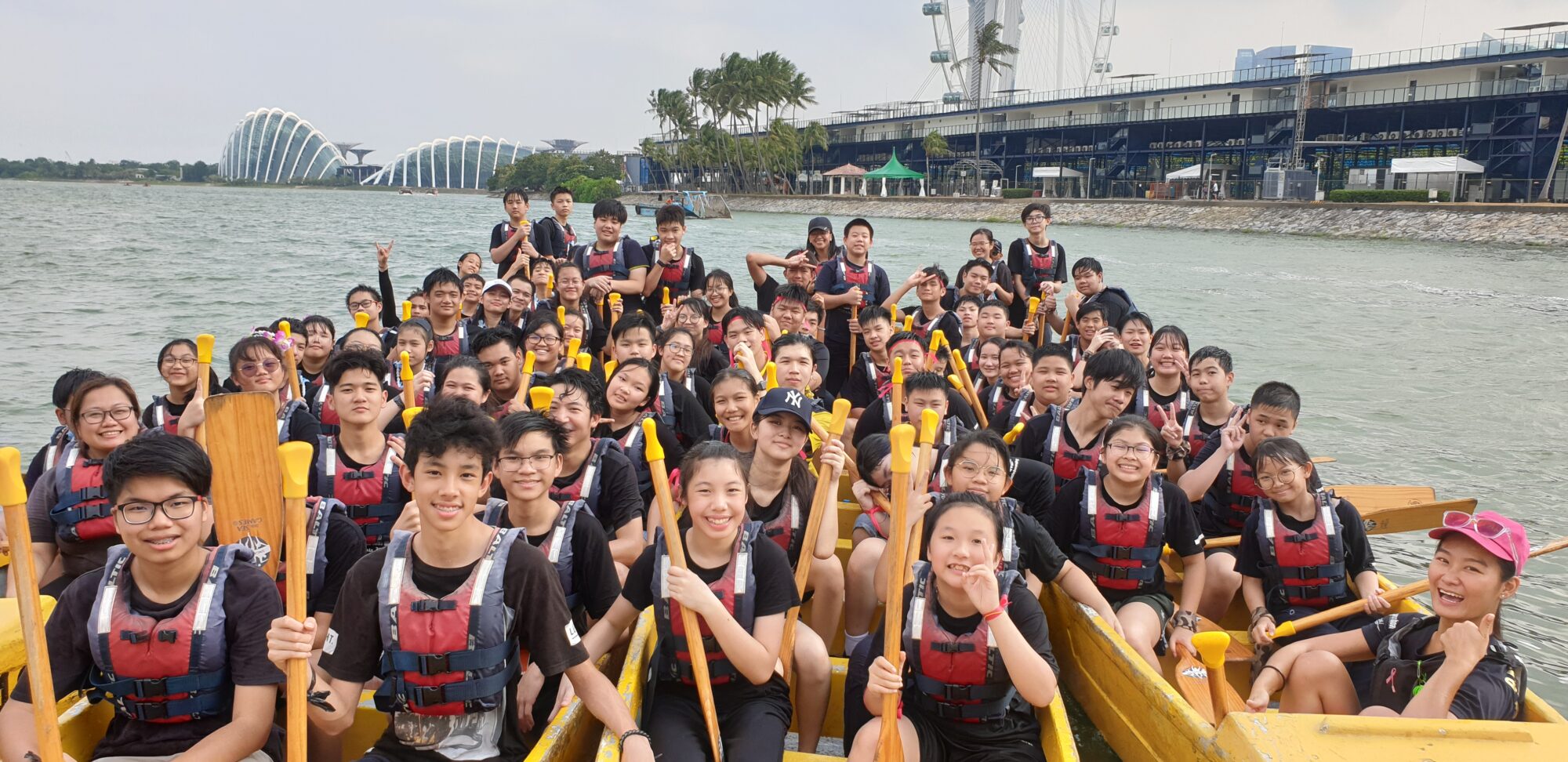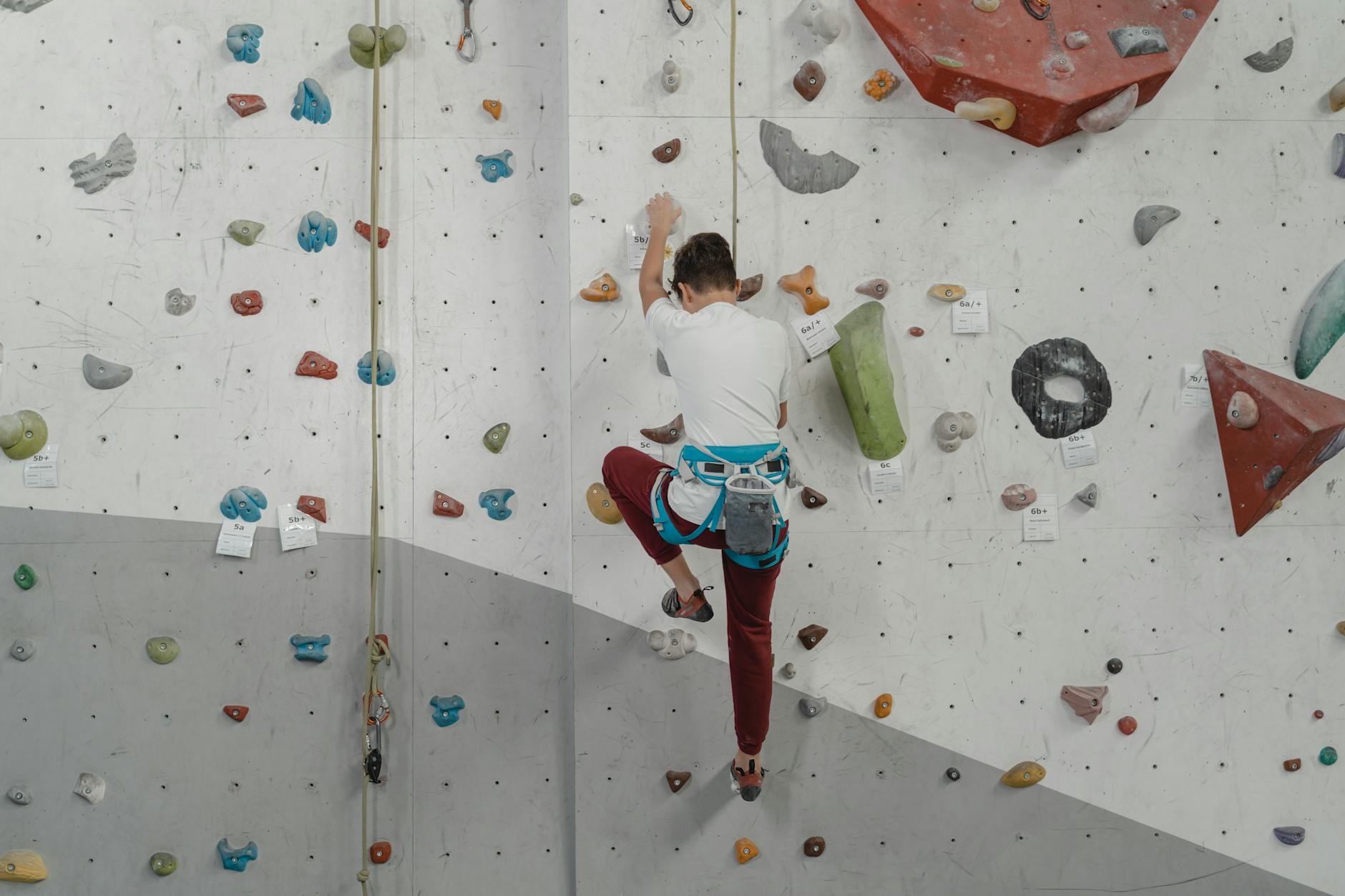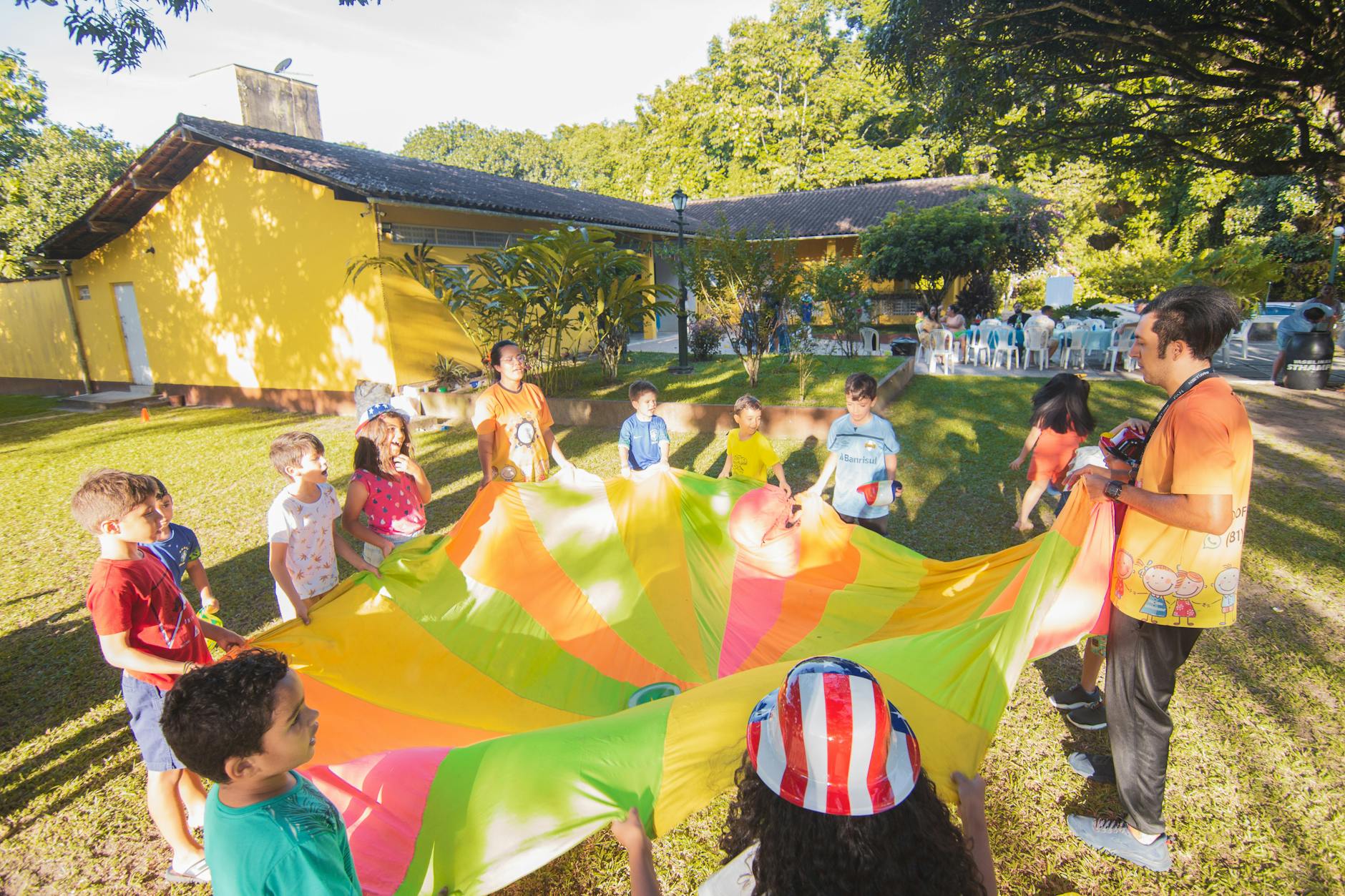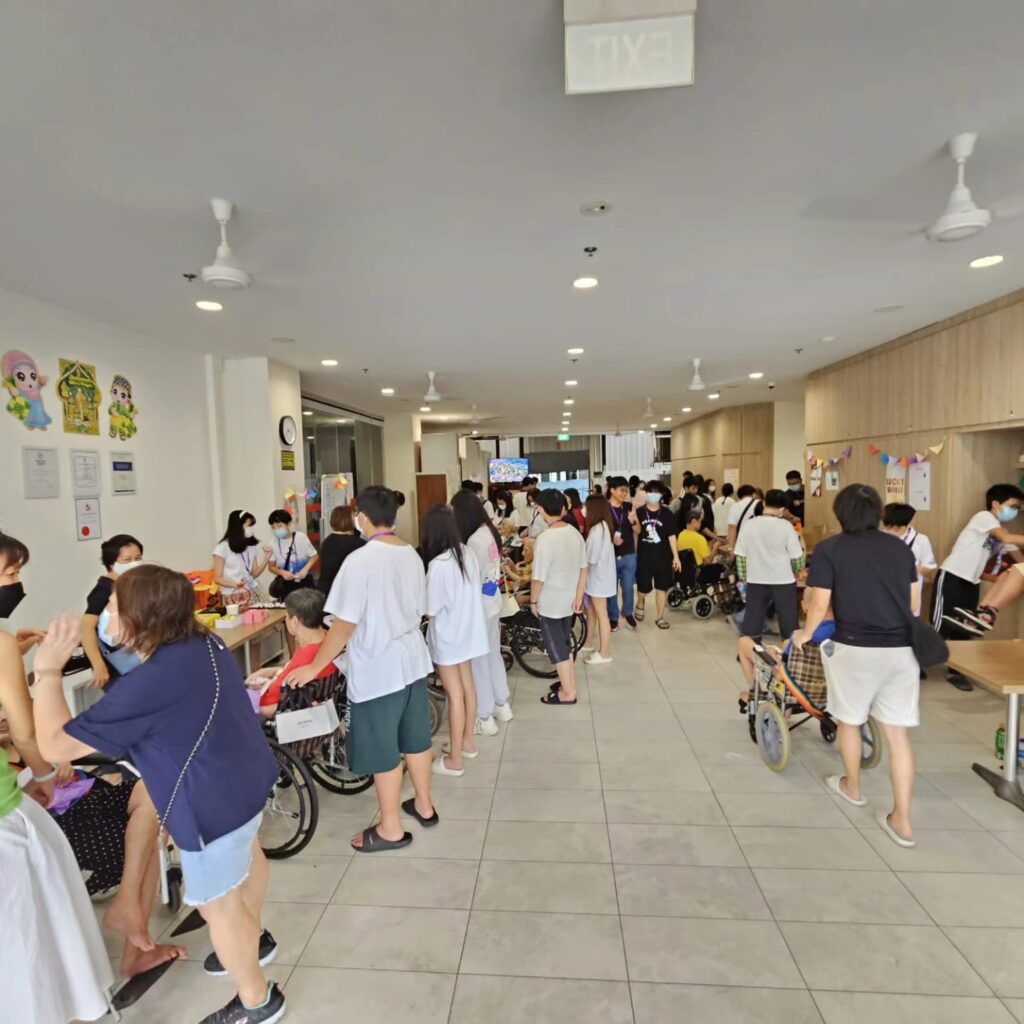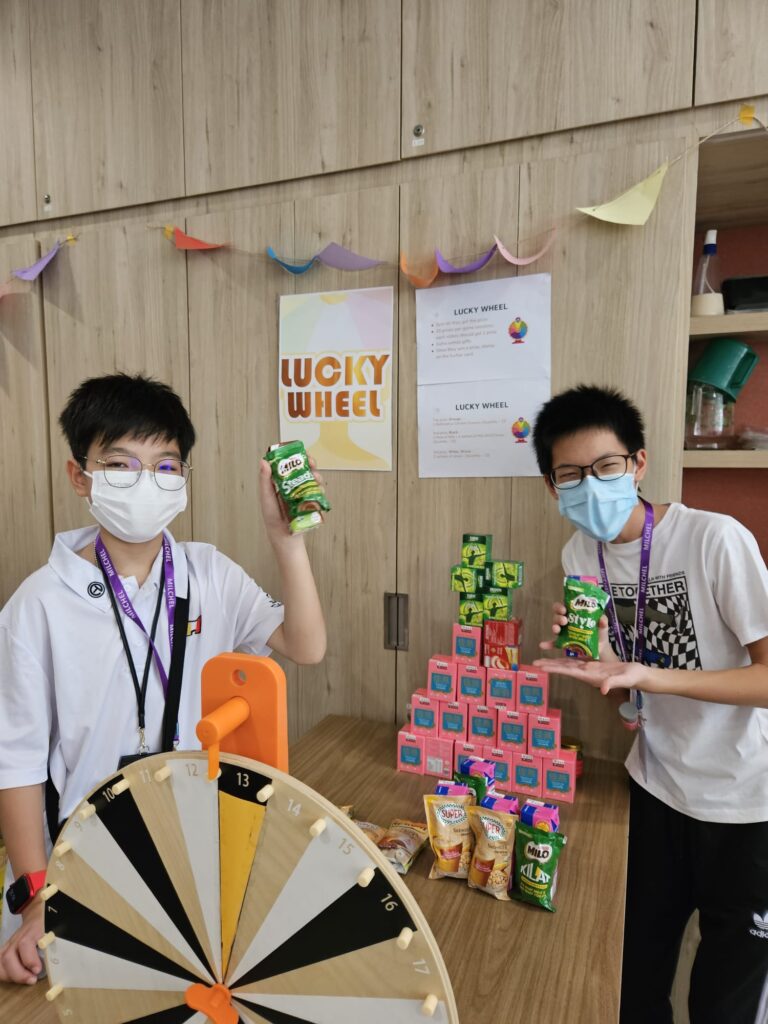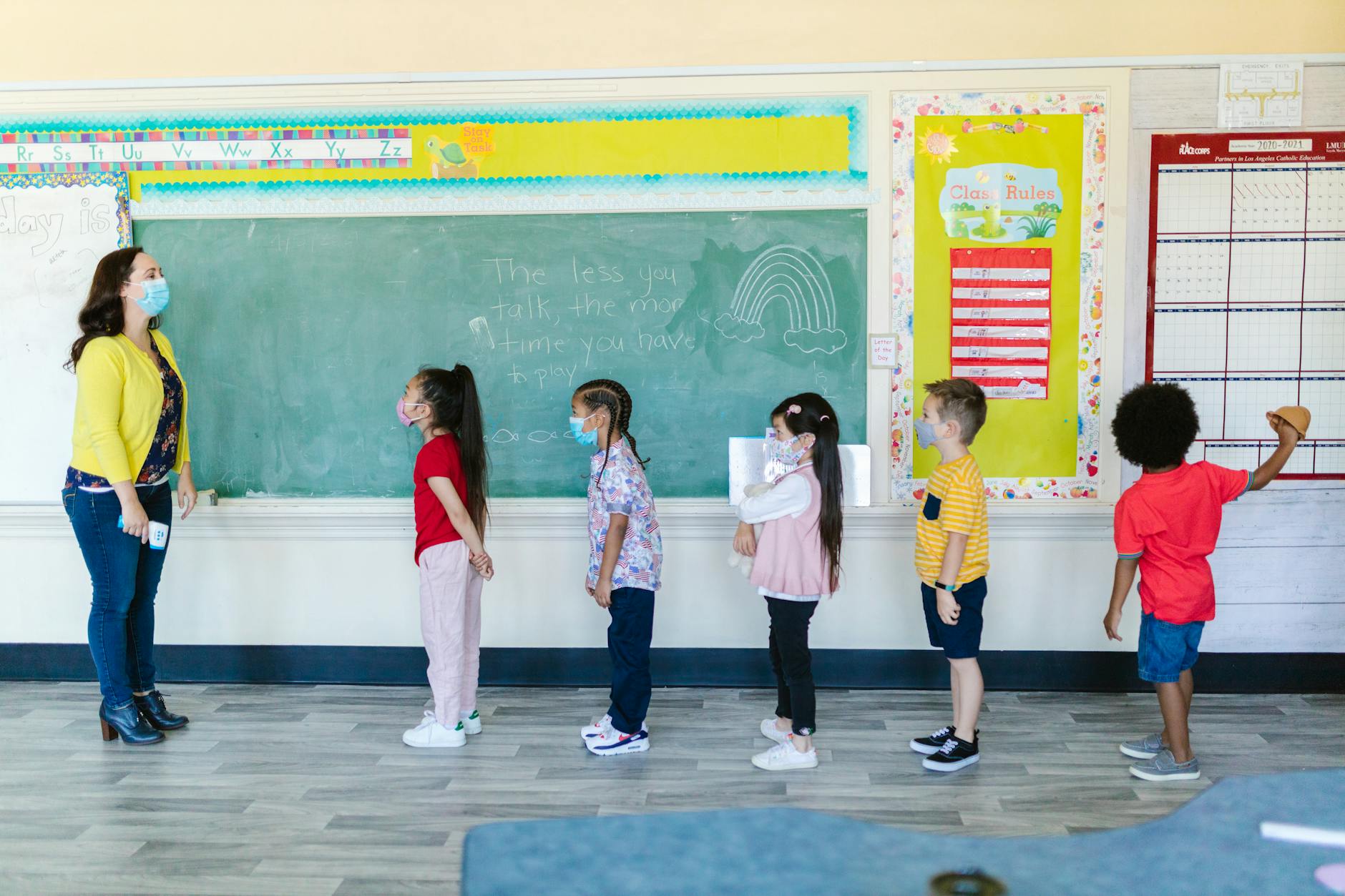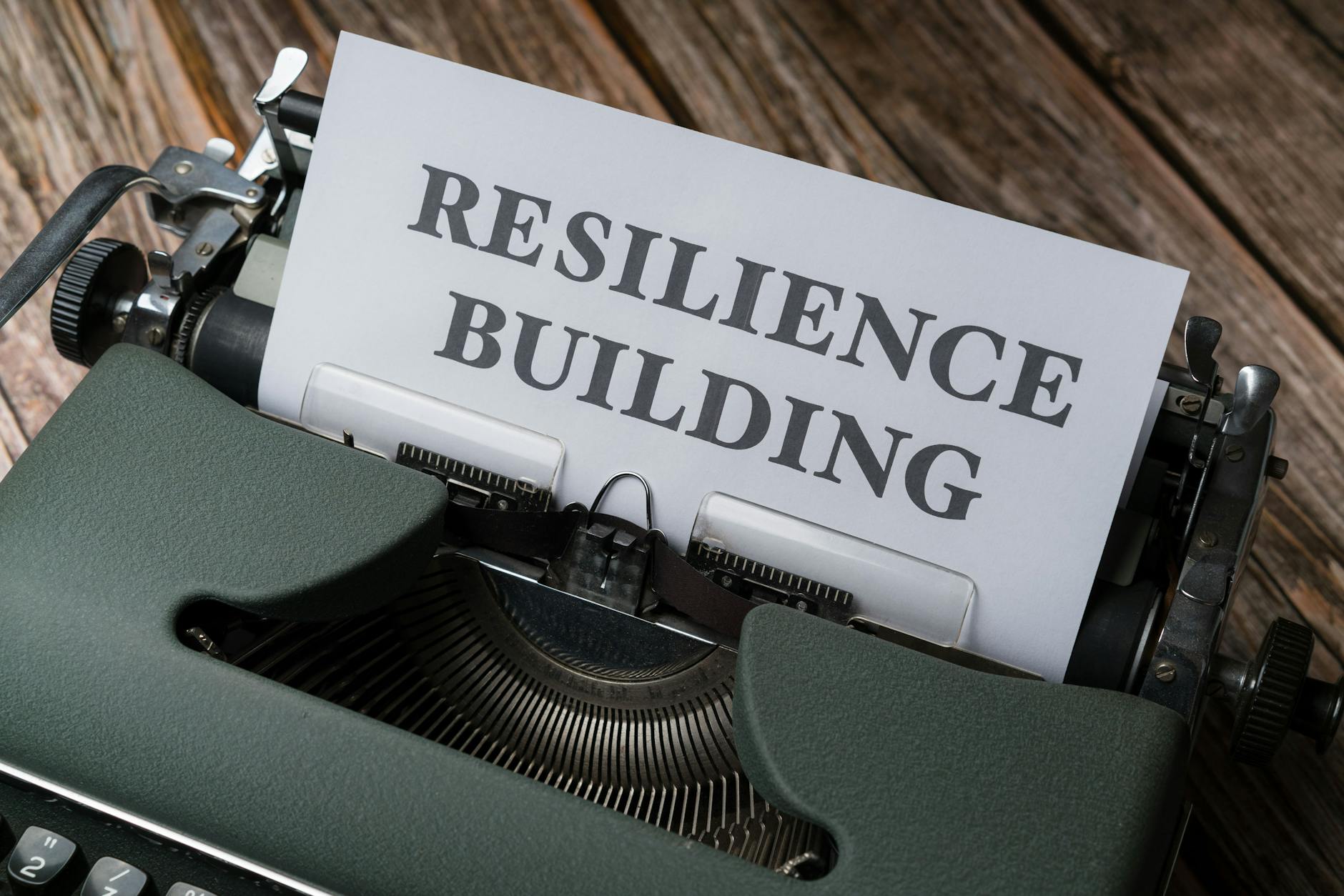MILCHEL Night 2024 is just around the corner, marking an annual tradition where Milchelians and staff come together to reflect on the year that is coming to a close. This special event, held at the end of the year, serves as a celebration of the kids’ hard work. It is also an opportunity to look back on the accomplishments we’ve achieved together. A highlight of the night is a video that showcases the activities we’ve had throughout the year, reinforcing a sense of achievement and unity within our MILCHEL family.
At MILCHEL, we believe that education goes beyond academics and value development. Events like this play a vital role in our kids’ success, motivating them and giving them something to look forward to after months of hard work.
MILCHEL Night is more than just a party—it holds a deeper purpose. First and foremost, it’s a celebration of achievements. On this night, we give out recognitions and awards to acknowledge everyone’s contributions to the hostel community and honour outstanding achievements that reflect the values we teach. Secondly, it’s an opportunity to practice social skills. With games and great food, it’s a chance to unwind and enjoy quality time with friends. Finally, the night serves as a moment of stress relief. Both students and staff can let their hair down, rewarding themselves for finishing the year strong.
These aspects all contribute to community building and fostering a sense of belonging. MILCHEL is more than just a place for academics—it is a family. We aim to strengthen family bonds through this event.
Overall, MILCHEL Night enriches Milchelians’ learning experience in Singapore and strengthens the sense of community among students and staff alike. We are all looking forward to enjoying the event very soon.

